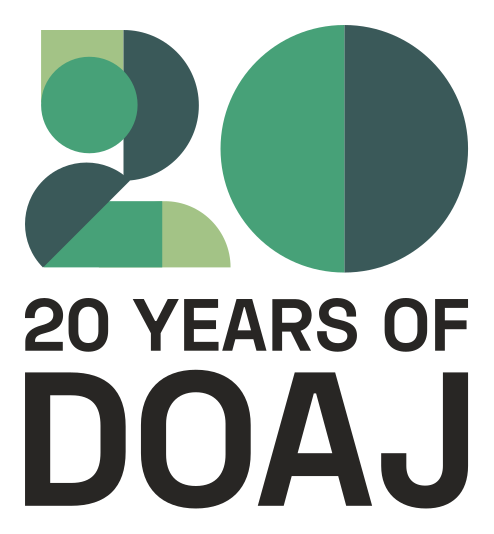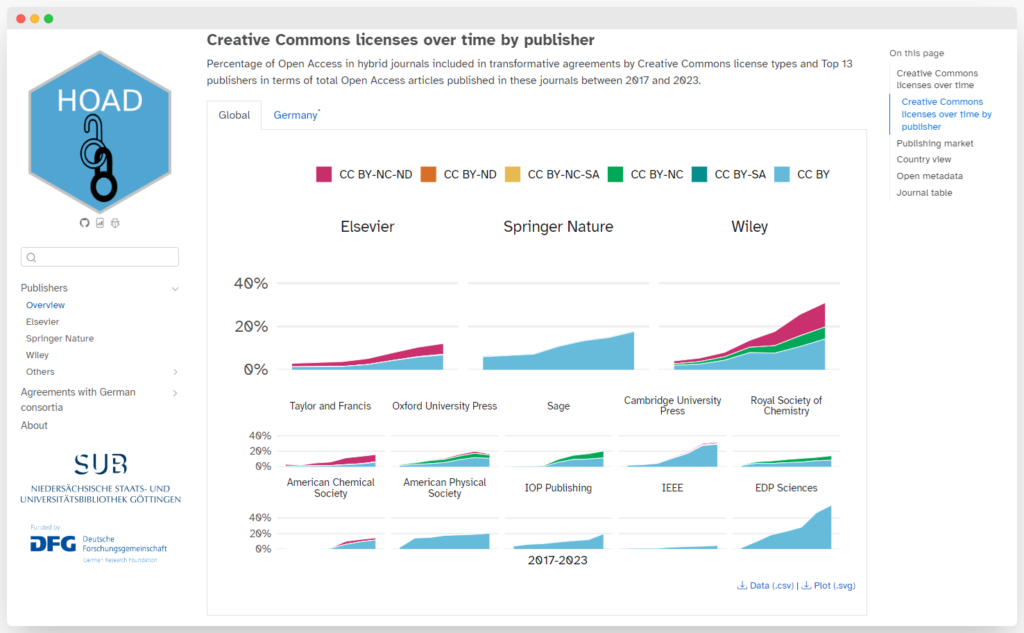Going Open Access: The Attitudes and Actions of Scientific Journal Editors in China
This study aims to investigate the attitudes and actions of scientific journal editors in China towards open access. Semi-structured interviews were conducted with 17 Chinese editors from various scientific journals during September and October of 2022. The results indicate that the editors generally possess knowledge of open access and have implemented an appropriate open access model for their respective journals. If the Chinese-language journal editors expressed a lack of motivation to adopt open access, unless a policy is imposed, the English-language journal editors acknowledged that they have no other choice but to adopt open access.




